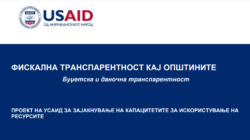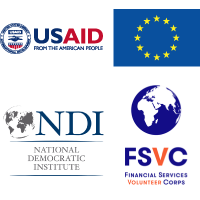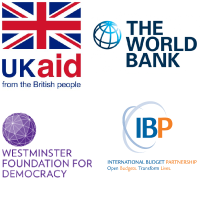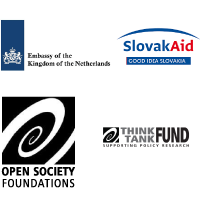A team of experts prepared the Study:
SCREENING OF THE OPEN BALKAN INITIATIVE – COUNTRY ANALYSES
Extracts from the study
- The OBI stands out for the fact that it is the first regional economic integration initiative launched and governed by countries in the region themselves. The participating countries see it as an incubator to bring the countries to a level that mimics the EU’s four freedoms. It is not considered to be binding on the countries and not as competing with other initiatives, but instead it energises the journey for achieving the countries’ strategic interests towards full-fledged EU membership and serves as a message from the regions that these countries want full EU membership.
- Countries participating in the Open Balkan Initiative consider it as an energiser of efforts targeting EU accession, as the creator of fresh momentum. In terms of the implementation structure, the OBI relies on inter-institutional coordination of the relevant institutions regarding implementation of the signed agreements and MoUs, as facilitated by OBI coordinators. The regional and national coordination is based on ad hoc meetings rather than a structured dialogue between established regional and national structures.
- The OBI could better elaborate its vision for regional economic integration on the path towards EU integration of the WB and crystallise the initiative’s mandate with a medium-term roadmap. This roadmap should provide an overview of the policy areas that the initiative intends to cover in the foreseeable future, along with the instruments (Agreements, MoUs, programmes, policy actions) that will ensure the political commitment is operationalised on the ground. The implementation periods should be set realistically and revised periodically. To the extent possible, the roadmap should reflect on the interests of the Western Balkans as an entry point for all countries in the region. The OBI roadmap should consider the level of preparedness to implement policy actions in line with the EU acquis.
- Consider developing a governance structure that delineates the coordination, implementation and monitoring functions and responsibilities on the regional and national levels. In the ad hoc coordination approach, a policy action is taken when an agreement is reached. In an institutionalised mechanism, centralised decision-making could be made collectively or by an institution acting on behalf of the participating countries. Should the initiative aim to address persistent and structural challenges in a longer perspective, an institutionalised formal mechanism may be preferred. If the challenge is more short term, an ad hoc mechanism would be a more efficient instrument for dealing with the challenge. It is noted however that the ad hoc mechanism is less efficient and would require greater time for negotiations and some form of forum to facilitate the negotiations.
- Improve the overall transparency to increase the accountability and avoid adverse perceptions from within and outside the OBI. Transparency could be improved by making all the Agreements and MoUs signed thus far, the products of the agreements (like implementation decisions, bylaws etc.) as well as any document(s) produced on the regional or national levels (reports, minutes, conclusions etc.) publicly available in the languages of the participating countries. The national institutions should inform who is the responsible person(s) and about implementation of the OBI Agreements and MoUs relevant to their scope of work. Moreover, the initiative could be made transparent and open to all stakeholders, including CSOs. The OBI would benefit if civil society is able to monitor and openly discuss the initiative’s achievements.
- Accelerate the implementation of bilateral or multilateral Agreements and MoUs that facilitate regional cooperation and integration. With sufficient human and administrative resources, the political commitments would be realised as concrete policy actions and increase the credibility of the regional integration project. The Agreements and MoUs should be adopted or ratified, and fully implemented to avoid unequal implementation among the parties. Regional cooperation should be perceived and implemented as a stepping stone towards the EU’s single market and hence all policy actions should be in line with the EU’s rules and standards.
The study is prepared within the project: Assessing and streamlining the potential of the Open Balkan Initiative, Supported financially by Open society foundation
Team of experts in alphabetical order:
Albania: Merita Toska
Bosnia-Herzegovina: Adnan Cerimagic
Kosovo: Ramadan Ilazi
Montenegro: Institute for Entrepreneurship and Economic Development
North Macedonia: Center for Economic Analyses; Stefan Ristovski
Serbia: Center for Advanced Economic Studies
The full study can be found here: ENG SCREENING OF THE OPEN BALKAN INITIATIVE – COUNTRY ANALYSES
Executive summary of the study can be accessed here Executive Summary ENG















